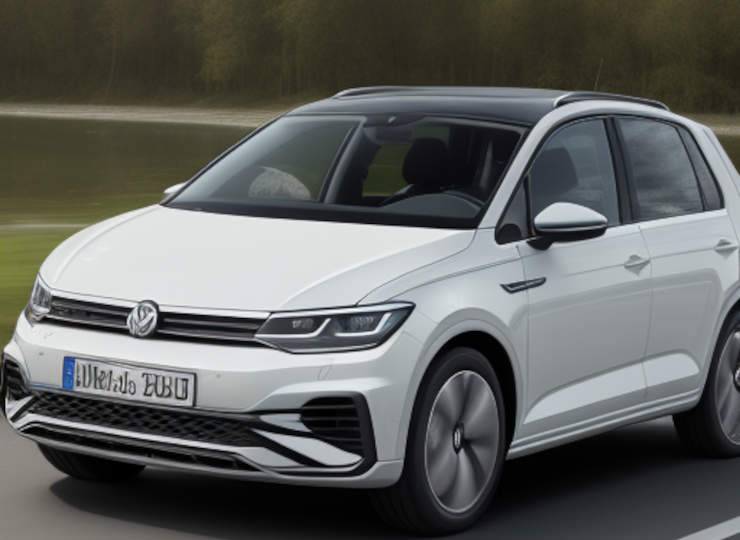文字のサイズ
- 小
- 中
- 大
Can VW achieve a low-cost BEV of EUR 20,000?
We mentioned that VW and Renault are discussing the joint development of a low-cost BEV under 20,000 euros (project name Amsterdam) under the radar.

VW’s Oliver Blume (CEO) and Renault’s Luca de Meo (CEO) have also agreed to the project, and it seems that talks are almost complete, with VW providing the eAxle for the Renault Ampere architecture and production at the Renault plant in Slovenia. However, due to opposition from VW employee representatives, this plan has not been formalised.
With sales of BEVs slowing down, there is an urgent need to reduce the price of BEVs in order to achieve the CO2 limit, and VW is working on a parallel low-cost BEV plan not only in Europe but also in China, with the aim of achieving the EUR 20,000 price point as soon as possible.
The emergence of new car makers such as BYD, which has a sales target of over 3 million BEVs + PHEVs by 2023, has influenced the strategies of the world’s major car makers, not only with regard to future electrification, but also with regard to their products and the battery strategies that will support them.
The ongoing plans of car manufacturers to electrify their cars are now being accompanied by a renewed focus on securing the batteries that form the core of xEVs, in addition to localisation and supply chain restructuring following the Inflation Restraint Act (IRA) signed into law by President Biden in August 2022, and in Europe by the European Union (EU) and the European Commission (EC). In Europe, the introduction of the Battery Passport Scheme and the Carbon Border Adjustment Mechanism (CBAM) for the establishment of a battery ecosystem within the European region has led to calls for the localisation of batteries.
However, while battery materials themselves can be procured from the world’s major resource-rich countries, the process of processing mined materials into battery cathode and anode materials is mostly carried out in China, and the dependence on this process is increasing. This means that the global BEV industry is controlled by China through batteries. In order to overcome this structure, regulatory legislation in Europe and the US is aimed at eliminating China as the dominant power in the battery sector and aiming for ‘self-sufficiency’, ensuring the self-sufficiency of batteries in each country and fostering the industry, as well as the construction of regional battery ecosystems and ‘Made by Non-China’ BEVs. It is not an overstatement to say that the aim is to protect the future (leadership) of the auto industry by building their own regional battery eco-systems and producing ‘Made by Non-China’ BEVs.
However, it is not possible to rapidly change the current battery supply chain, which has been built up over the past few hundred years, and when considering the fact that large investments will be required to build a new supply chain, in addition to these European and US policies and the accompanying decoupling of China, there will also be a variety of other issues such as the war in Russia and Ukraine, the Israeli-Palestinian conflict, and so on, The political and security situation, including the Russian-Ukrainian war and the Israeli-Palestinian conflict, in addition to these European and US policies and the resulting China decoupling, will continue to be a further negative factor and have a negative impact on battery procurement.






